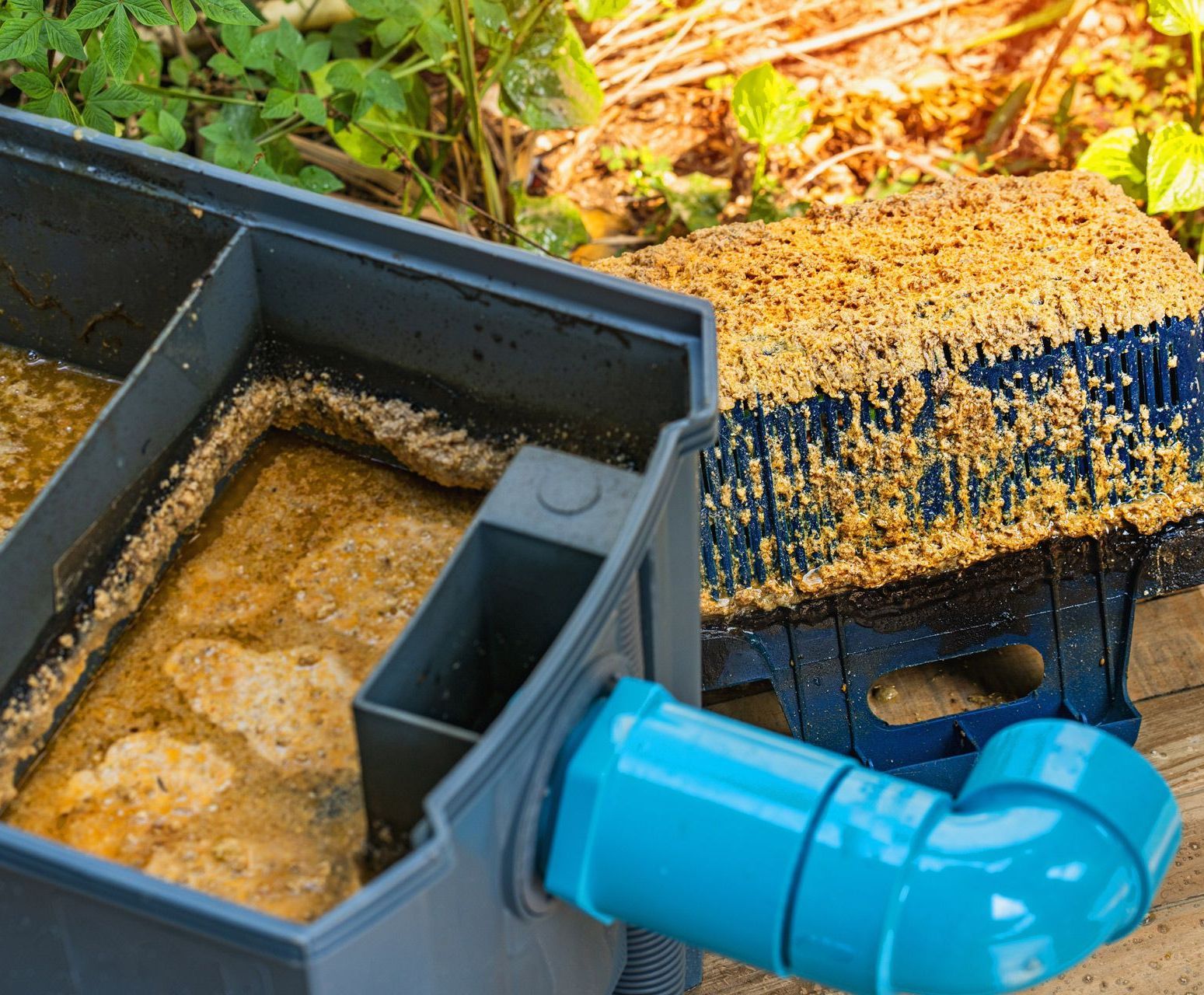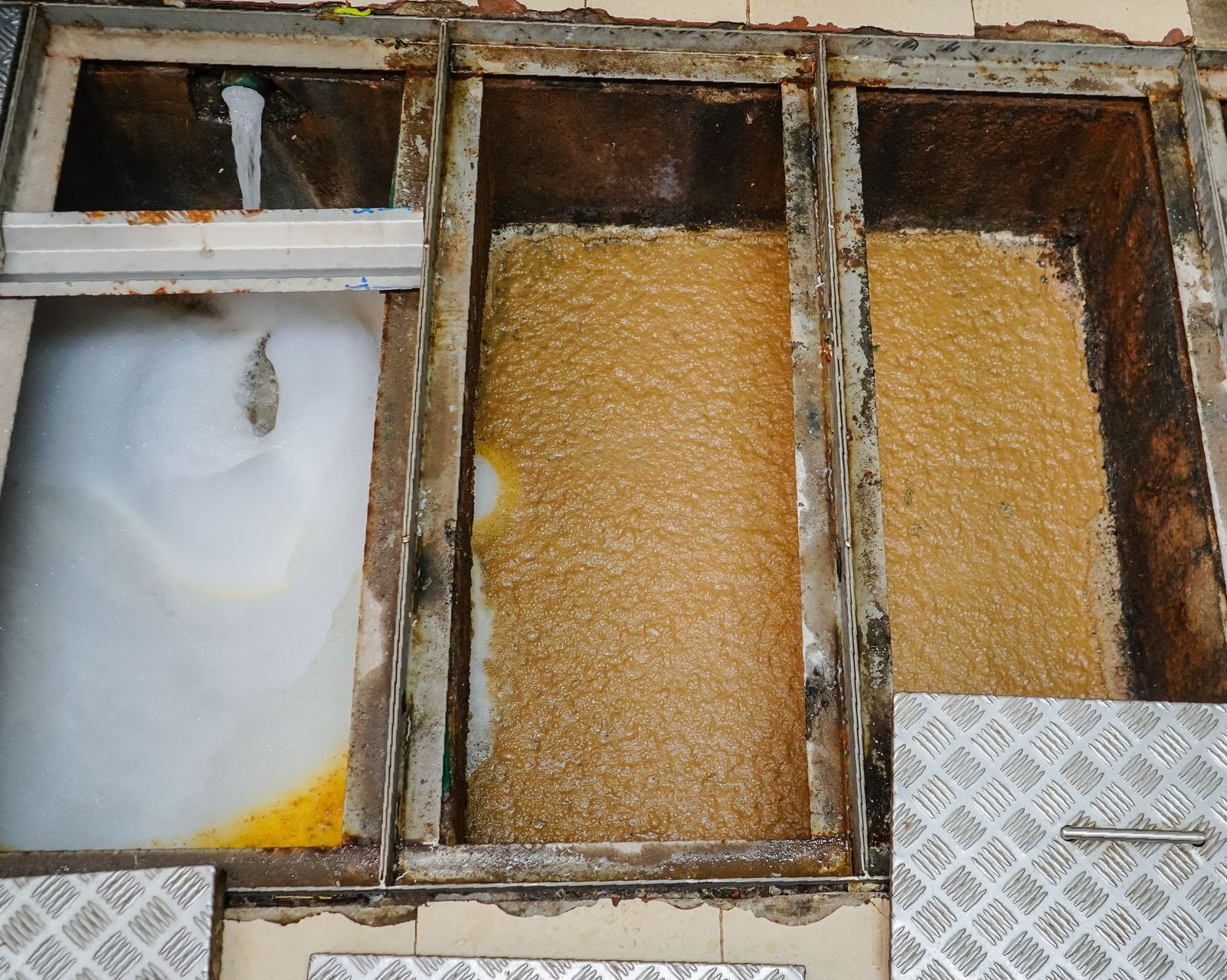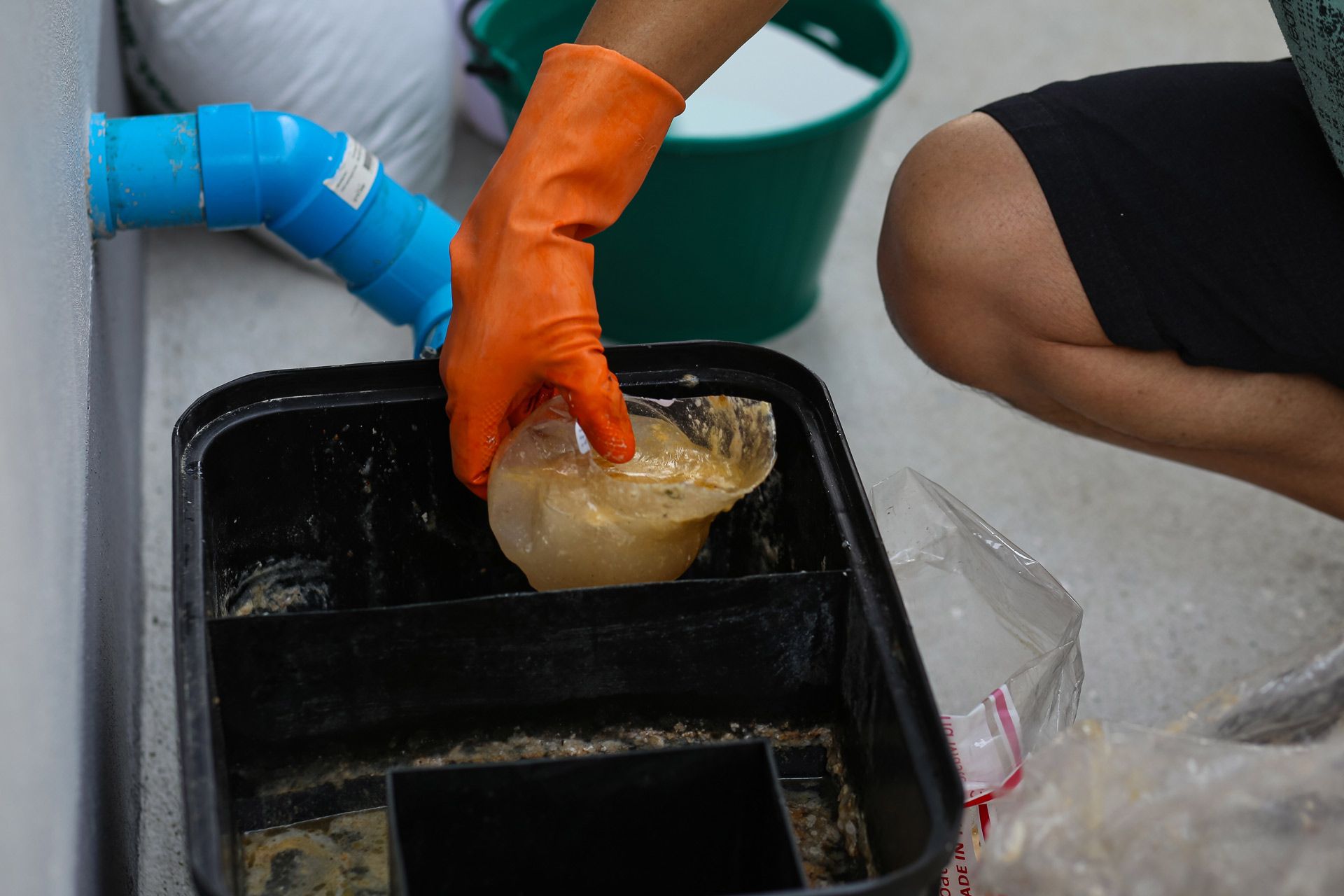GREASE TRAP PUMPING IDAHO
Need Grease Trap Pumping Services in Boise or the Idaho Falls, ID area as well as the La Grande, OR area!?
ECO of Idaho delivers expert grease trap pumping services, employing advanced equipment and adhering to industry standards for efficient maintenance. We provide scheduled upkeep, adhere to regulatory standards, manage waste disposal, and furnish detailed reports to ensure pristine kitchen conditions.
Grease Interceptor Pumping/Cleaning Boise, ID
ECO of Idaho, leading in grease trap waste recycling, operates Idaho's only private grease interceptor facility, partnering with the City of Boise to recycle cleaned wastewater, offering the lowest trap pumping fees in the state. Our interceptor cleaning follows a city-approved schedule, emphasizing strong communication with city inspectors and restaurant owners to enhance service understanding, reduce future plumbing emergencies, and provide comprehensive service tickets, both physical and digital.
We perform the following operations/services to stay compliant with city/state regulations and maintain our adherence at being the most environmentally conscience recycling facility in Idaho.
- 100% compliance with disposal regulations.
- Collection, transportation and recycling of waste cooking oils.
- Complete pressure washing and cleanup of emergency spills and bin areas.
- Multiple container sizes available to fit your needs.
- Portable vacuum units available for remote grease traps.
- Pumping cleaning, transportation and disposal of grease trap waste.
WHAT IS A GREASE INTERCEPTOR?
A grease interceptor (gi) can be located exteriorly in the ground or in the kitchen area. An interceptor is a plumbing device that is installed as part of a kitchen drain system to intercept and prevent Fats, Oils and Greases (FOGS) from entering the sanitary sewer system. Food servicing establishments are required by environmental inspectors to service this device and ensure that it is working properly and not going above mandated content levels.
-
How Do Grease Traps Work?
Think about cooking food in your kitchen at home-you use fats and oils to cook a variety of dishes, such as meats, breakfast foods and vegetables. When you're finished cooking, you probably put the extra oil in a can to dispose of it. This can be gross, but it's not a major hassle.
But if you own a large establishment with a commercial kitchen, you probably have large amounts of fats, oils and grease that you can't pour into a single can. That's where a grease trap comes in. Grease traps are used to prevent grease from getting into your building's sewer system.
-
Why keeping your grease trap clean is important
Like any other plumbing fixture, grease traps can get clogged and dirty. It's important to clean them and remove the grease properly. A blockage in your grease trap could cause wastewater to contaminate your kitchen.
ECO of Idaho offers safe and affordable grease trap cleaning services in Boise and Idaho Falls, ID and the surrounding area. We'll clean your grease trap and remove impurities from your water-so that you can keep cooking in your commercial kitchen without worrying about failing your health inspection.
What's the leading cause of grease trap odors?
When you notice foul odors coming from your grease trap, you might assume that it's clogged or broken. While damage to your grease trap could be causing it to stink, the #1 cause of grease trap odors is improper grease trap cleaning. Pumping fats, oils and greases from your grease trap can cause your trap to dry out, which causes it to stink.
Send us a Message
We will get back to you as soon as possible
Please try again later
Contact Information
Phone: (208) 867-4607
Email: info@ecoofidaho.com
Address: 1990 S Cole Rd, Boise, ID 83709, United States of America




